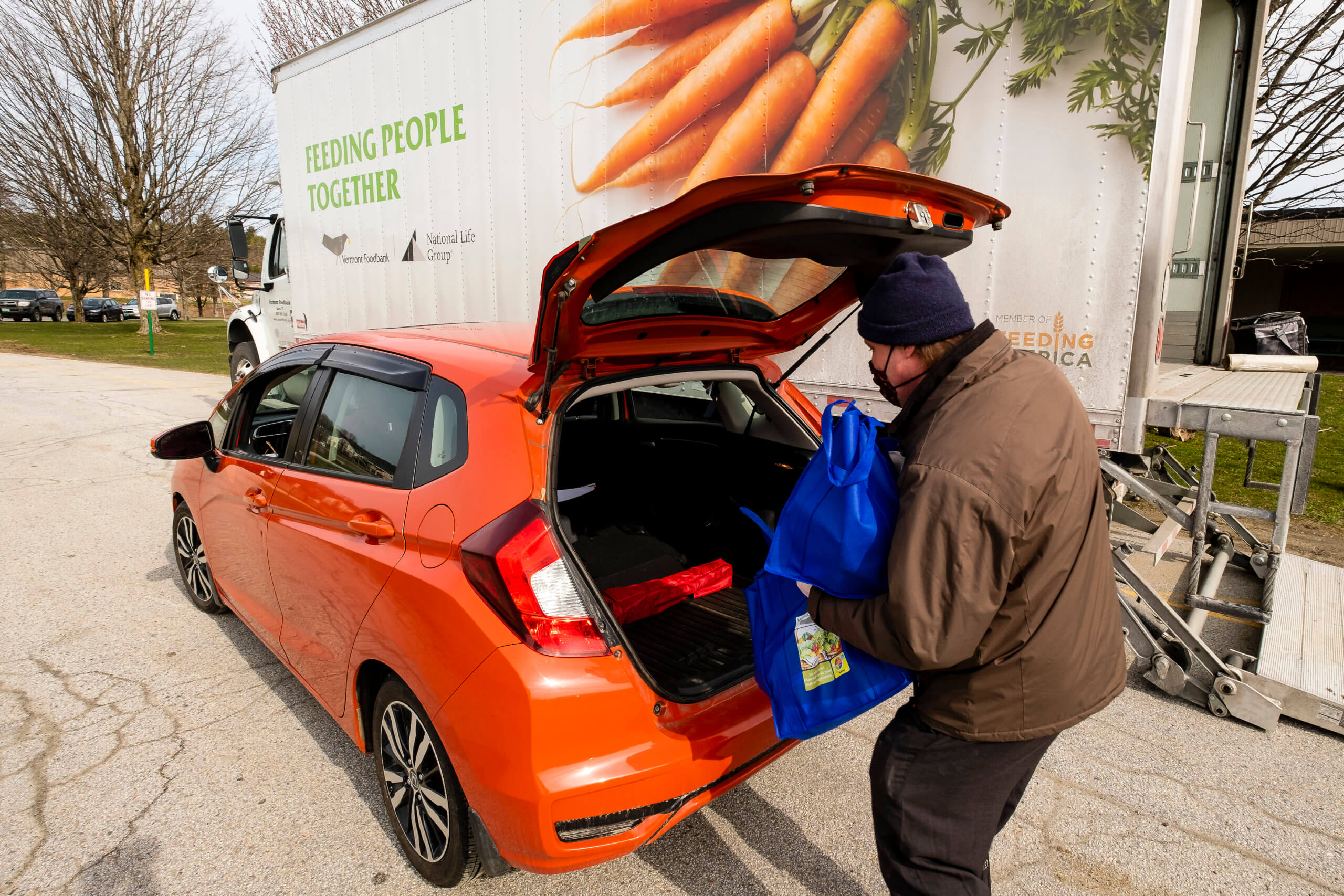“Never doubt that a small group of thoughtful, committed citizens can change the world. Indeed, it’s the only thing that ever has.” Margaret Mead
There are many unsung heroes in this mess we can attribute to the Coronavirus. Nurses, doctors, first responders, teachers, delivery drivers, and others. They’re working tirelessly and my sincere gratitude goes out to each of them.
There is one group of people though who have gone unrecognized. A group of people who I know are getting little sleep. Who have done much with little. Whose perseverance, dedication, and ability to make connections are critical in providing relief and hope to millions of Americans.
They are the people who work for nonprofits.
In my role working for the National Life Group Foundation, I have had the good fortune to meet many resolute people over the years who work for nonprofit organizations. I’ve admired their balanced optimism, their ability to navigate often complex systems, and the impact they make on more souls than I can ever count. They’ve done this every day, without fail.
Then an insidious newcomer came to visit and upended life as we knew it. And who is joining the fight to step up and stare COVID-19 down? Nonprofits.
In Vermont, our unemployment rate is expected to jump from 2.2% to almost 20%. With that has come, in some cases, a 100% increase in need for food through local food shelves and the Vermont Foodbank. There has been a spike in cases of domestic violence and a need for more mental health resources.
Who entered the ring to take this on without flinching?
You guessed it. Nonprofits.
I marvel at what I’ve seen in a few short weeks, including these examples:
- Hunger Free Vermont worked at lightning speed to collaborate with state agencies to get government waivers allowing ANY child age 0-18 access to meals through local schools. In some cases, this food is delivered to the child’s home.
- The North Texas Food Bank created a drive up system so folks who need access to food can get it while they remain socially distanced in their cars.
- Let’s Grow Kids hit the ground running, working with state and federal policymakers to ensure emergency child care is safe and available for essential workers.
Dan Osman, Director of Development for Camp Ta-Kum-Ta, recently called me with the news that the week long camp for children who had or are fighting cancer will not take place in person this year. While I expressed my sadness that the kids won’t have the chance to be with others who share their experience, to have a chance to be a regular kid at camp, he reminded me:
“Camp isn’t about the place, it’s about the people.”
He went on to explain that beginning in a few weeks, Camp Ta-Kum-Ta will have virtual events to keep the campers connected including sing-a-longs, silly videos and more. Like Dan said, community doesn’t have to always happen in person. It’s the laughter and fun that sustains us. Camp will go on.
Katharine Weaver, Corporate Engagement Manager with the North Texas Food Bank, told me that during the first few weeks of the pandemic, the Food Bank declined offers from volunteers to help and instead hired hospitality workers who were laid off. A brilliant solution to employ those who need work while serving others who need food. She then added, almost as an afterthought, that she and her colleagues also went onto the floor during the day to help pack boxes, while returning to their day jobs at night.
Yep. We need more capes.
Those who work for nonprofits are filling the gaps, sometimes canyons, that exist in processes or systems with little to no recognition. Hunger, homelessness, domestic abuse, economic recovery; so many wake up every day and tackle the gnarly issues, issues that now are harshly spotlighted thanks to COVID-19.
Keep in mind that not only have nonprofits recalibrated to address these issues and more, they also are a critical sector of our economy. Overall, the nonprofit sector provides roughly 10% of all private jobs in the U.S., employing more than 12 million people.
It’s time we highlight the innovation and breadth of support the nonprofit sector provides. Here are a few ways you can support the heavy lifting so many nonprofits are doing:
- An easy way is with a simple thank you when you are served by one, whether it’s a local food shelf, an animal shelter, a museum, or a community partnership. It can be hand written or electronic.
- If you have the means, you can also consider donating to their good work on #GivingTuesdayNow which is Tuesday, May 5, 2020. If you can’t donate then, remember that donations are also welcome any time!
- Consider sponsoring lunch for your favorite nonprofit. Not only do you give business to a local restaurant but you offer a little respite in a long day to those who are working to lift others.
- Volunteer. There are still virtual volunteer opportunities out there. One creative opportunity we found is at Vogel Alcove. Check it out here.
The vast majority of people who work for nonprofits would never consider themselves heroes. Despite the obstacles, they humbly overcome them to fulfill the mission of their cause, often lifting others who are in dire straits.
Sounds powerful to me.
TC114333(0520)1

